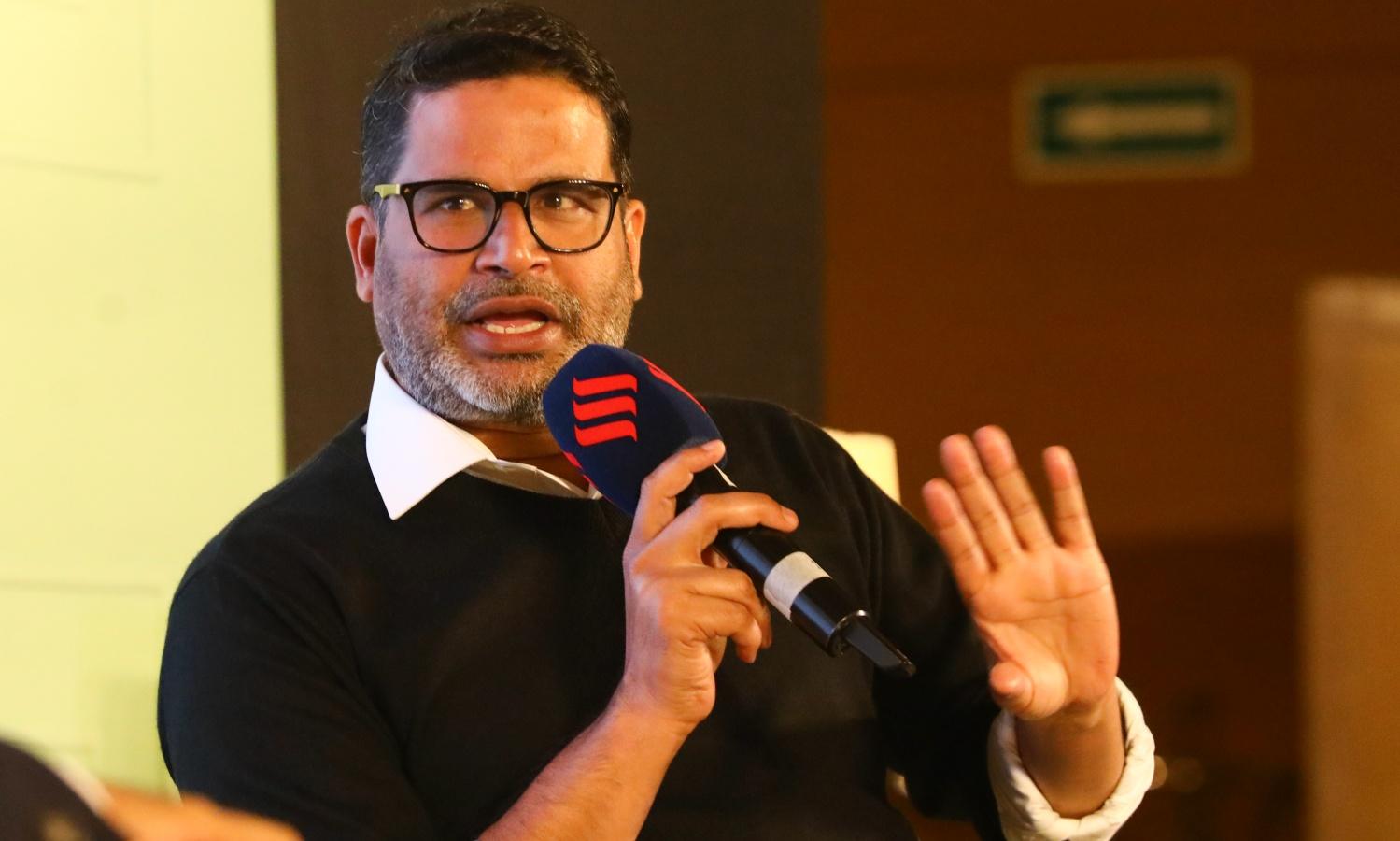
BJP needs 55% votes for Hindu Rashtra, it will take 20 more years to gain it: Prashant Kishor
text_fieldsElection strategist-turned-activist Prashant Kishor stated that the BJP needs 55 to 60 per cent vote share to garner support for the idea of Sanatana Dharma (eternal duty) and Hindu Rashtra (Hindu nation), but he mentioned that it will take 20 to 30 years for the BJP to cross this threshold.
Kishor shared his political analysis during a conversation at the Express Adda in New Delhi, where he emphasized India's political dynamics, highlighting the significance of the Hindu vote share and discussing the evolving role of Prime Minister Narendra Modi in the upcoming 2024 elections.
Kishor also emphasizes that while the difference between having 45 per cent and 55 per cent Hindu support may seem small at 10 percentage points, achieving this increase could take a considerable amount of time, possibly 20 to 30 years. Additionally, he noted that if there is opposition or resistance to this idea, it could hinder or reverse the progress towards reaching the 55 to 60 per cent threshold of Hindu support for these ideologies.
Contrary to the perception of a radical shift in Hindu society, Kishor emphasized that there hasn't been a tectonic change. He credited the Rashtriya Swayamsevak Sangh (RSS) for gradually moving the needle from 40 to 45 per cent over the last 30 to 40 years.
He cautioned against underestimating the Opposition, pointing out that while weak in formations, it has demonstrated resilience, missing key opportunities to challenge the BJP in the past.
The discussion also delved into the dominant role of Brand Modi in Indian politics. Kishor argued that the 2024 elections would revolve around the electorate's perception of Modi, his ideology, and his track record.
He dismissed the notion of the Opposition being consistently weak, asserting that it had missed three crucial opportunities – the 2015 electoral losses in Delhi and Bihar, the 2016 demonetization, and the 2018 electoral defeats.
Regarding the BJP's Hindutva agenda, Kishor challenged the notion that the Opposition needs to counter it directly. He suggested focusing on galvanizing the 62 per cent who did not vote for the BJP in the last election, irrespective of the Hindutva factor. Kishor argued that the key lies in understanding and addressing the concerns of the majority who did not align with the BJP's ideology.
On the topic of the Ram Mandir, Kishor acknowledged its significance but questioned its ability to sway incremental votes. He noted that Article 370 had attracted more incremental voters to the BJP than the Mandir issue. Kishor highlighted that despite almost 50 years of effort by the Sangh, the level of Hindu consolidation under the banner of Hindutva has not crossed 50 per cent.
Addressing the term "secular" becoming a contentious word, Kishor dismissed the idea that the Opposition is losing due to its use. Instead, he attributed their losses to a lack of proactiveness and delayed strategic alliances. He criticized the Opposition for not forming the INDIA alliance earlier and failing to conduct public meetings since its inception in June 2023.
Kishor also discussed the argument of democracy being in danger, acknowledging its resonance with voters. He noted that while the fear of centralization of power and the concentration of authority in one person's hands resonates with voters, it doesn't universally sway opinions.
Voters, according to Kishor, often differentiate between national and regional elections, expressing concerns about excessive power in the hands of one leader.






















